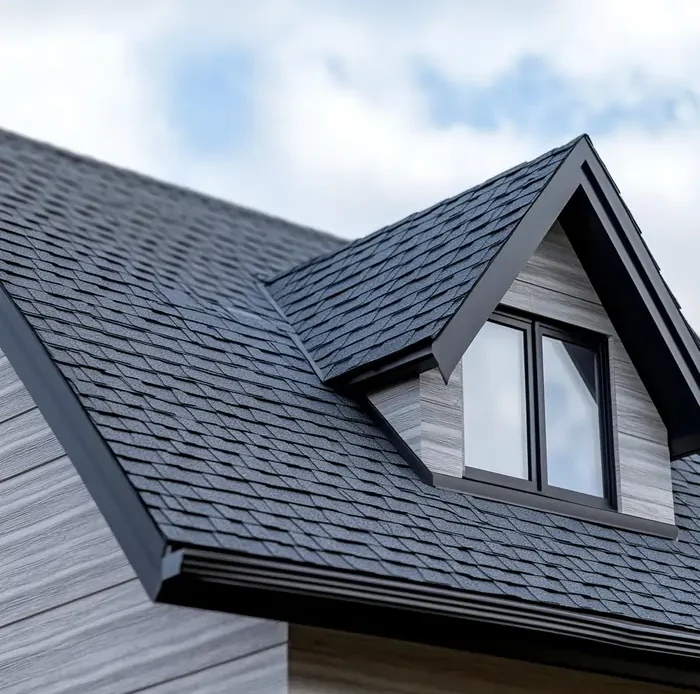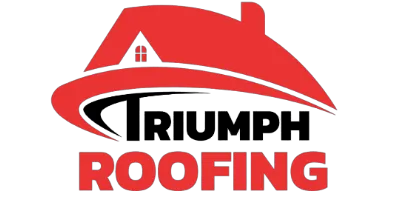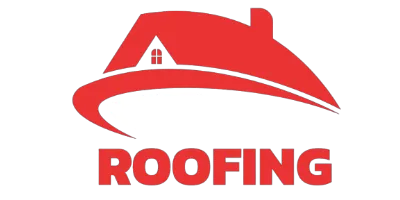“In most cases, roof repair is not tax deductible for homeowners in Charlotte, North Carolina, unless it qualifies as a business expense, rental property improvement, or meets specific energy efficiency criteria.”
As a homeowner or property owner in Charlotte, North Carolina, you may wonder if the cost of roof repair can lighten your tax burden. Roof repair is a common necessity in this region, where storms and humidity can take a toll on residential and commercial roofs alike. At Triumph Roofing, we’ve helped countless Charlotte residents navigate roofing challenges, and we’re here to provide expert insight into whether roof repair expenses can be tax deductible. Below, we’ll break down the key factors, IRS guidelines, and scenarios where you might claim deductions, ensuring you have accurate, trustworthy information to make informed decisions.

Understanding Roof Repair vs. Roof Replacement for Tax Purposes
The IRS distinguishes between roof repair and roof replacement, and this distinction is critical when determining what’s tax deductible. Roof repair refers to maintenance tasks—like fixing leaks, replacing a few shingles, or patching damaged areas—that keep your roof functional without significantly extending its life or adding value. Roof replacement, however, involves a major overhaul that enhances property value or longevity, often qualifying as a capital improvement.
For Charlotte homeowners, routine roof repairs typically aren’t tax deductible because they’re considered personal expenses. However, roof replacement might offer tax benefits under certain conditions, such as depreciation for rental properties. Knowing this difference is the first step to understanding your eligibility.
Roof Repair as a Tax Deductible Expense for Homeowners in Charlotte
For most Charlotte residents, roof repair on a primary residence doesn’t qualify as a tax deductible expense. The IRS views these costs as part of maintaining your home, not as an investment that increases its value. For example, if a storm damages your roof and Triumph Roofing fixes a small section, that expense stays in your pocket without tax relief.
There’s an exception, though: if part of your Charlotte home serves as a business space—like a home office where you meet clients—you may deduct a portion of the roof repair cost. The deduction would align with the percentage of your home used for business. Consult a tax professional to calculate this accurately, as it requires precise documentation.
Tax Deductible Roof Repair for Rental Properties in North Carolina
If you own rental property in Charlotte, the rules shift in your favor. Roof repair on a rental is often tax deductible as a maintenance expense, reducing your taxable rental income for that year. For instance, if Triumph Roofing repairs a tenant’s leaky roof, you can likely claim that cost on your Schedule E when filing taxes.
Conversely, a full roof replacement on a rental property isn’t immediately deductible. Instead, it’s treated as a capital improvement, meaning you’d depreciate the cost over 27.5 years (the IRS-designated lifespan for residential rental property). This spreads the tax benefit over time, so plan accordingly with your accountant.
Energy Efficiency Credits and Roof Repair in Charlotte
Charlotte’s climate makes energy-efficient upgrades appealing, and certain roof repairs might qualify for federal tax credits. The Inflation Reduction Act of 2022 expanded incentives for energy-saving home improvements. If your roof repair includes installing reflective coatings or solar shingles—options Triumph Roofing specializes in—you could claim a credit if they meet Energy Star standards. As of 2025, this credit can cover up to 30% of eligible costs, though it applies more often to replacements or significant upgrades than minor repairs.
Check the IRS website for current eligibility, as these credits evolve. Local Charlotte or North Carolina incentives may also exist, so research state programs for additional savings.
Casualty Losses: When Storm Damage Roof Repair Might Apply
Charlotte’s weather—think hurricanes or heavy storms—can wreak havoc on roofs. If your roof repair stems from a federally declared disaster, you might claim a casualty loss deduction. This applies to uninsured losses beyond normal wear and tear, like a tree crashing through your roof during a hurricane.
You’d deduct the loss amount (repair cost minus insurance payouts) on your tax return, but only if you itemize deductions. Given Charlotte’s storm-prone location, this could be relevant, though it’s rare for routine roof repairs to qualify. Triumph Roofing can provide detailed invoices to support your claim if needed.
Why Documentation Matters for Tax Deductible Roof Repairs
Whether you’re a homeowner, landlord, or business owner in Charlotte, documentation is your golden ticket to claiming tax deductible roof repairs. Keep receipts, contracts, and before-and-after photos from Triumph Roofing. These prove the scope of work—repair versus improvement—and justify your deduction to the IRS.
For rental properties or business use, log the square footage affected and the nature of the repair. Sloppy records can derail even a legitimate claim, so stay organized or hire a tax expert familiar with North Carolina regulations.
Expert Opinion from Triumph Roofing: Maximize Your Roof Repair Benefits
As a leading roofing company in Charlotte, Triumph Roofing has seen it all—from minor shingle fixes to full replacements after storm damage. Our expert opinion? Roof repair rarely qualifies as tax deductible for personal homes, but don’t overlook niche opportunities like business use, rental deductions, or energy credits. North Carolina’s tax laws align with federal guidelines, so your best bet is to align your roofing project with IRS rules.
Partner with us for precise, high-quality roof repairs, and we’ll provide the documentation you need to explore every tax advantage. While immediate deductions are limited, strategic planning—like opting for energy-efficient materials—can yield long-term savings.
Conclusion: Is Roof Repair Tax Deductible in Charlotte?
Roof repair in Charlotte, North Carolina, isn’t typically tax deductible for homeowners unless tied to business use or a casualty loss. Rental property owners and those investing in energy-efficient roof repairs have more options, either through immediate deductions or credits. At Triumph Roofing, we’re committed to helping you maintain your roof while maximizing any financial benefits. Unsure about your situation? Contact us at Triumph Roofing for a consultation, and pair it with advice from a Charlotte-based tax expert to ensure you’re covered—literally and figuratively.


